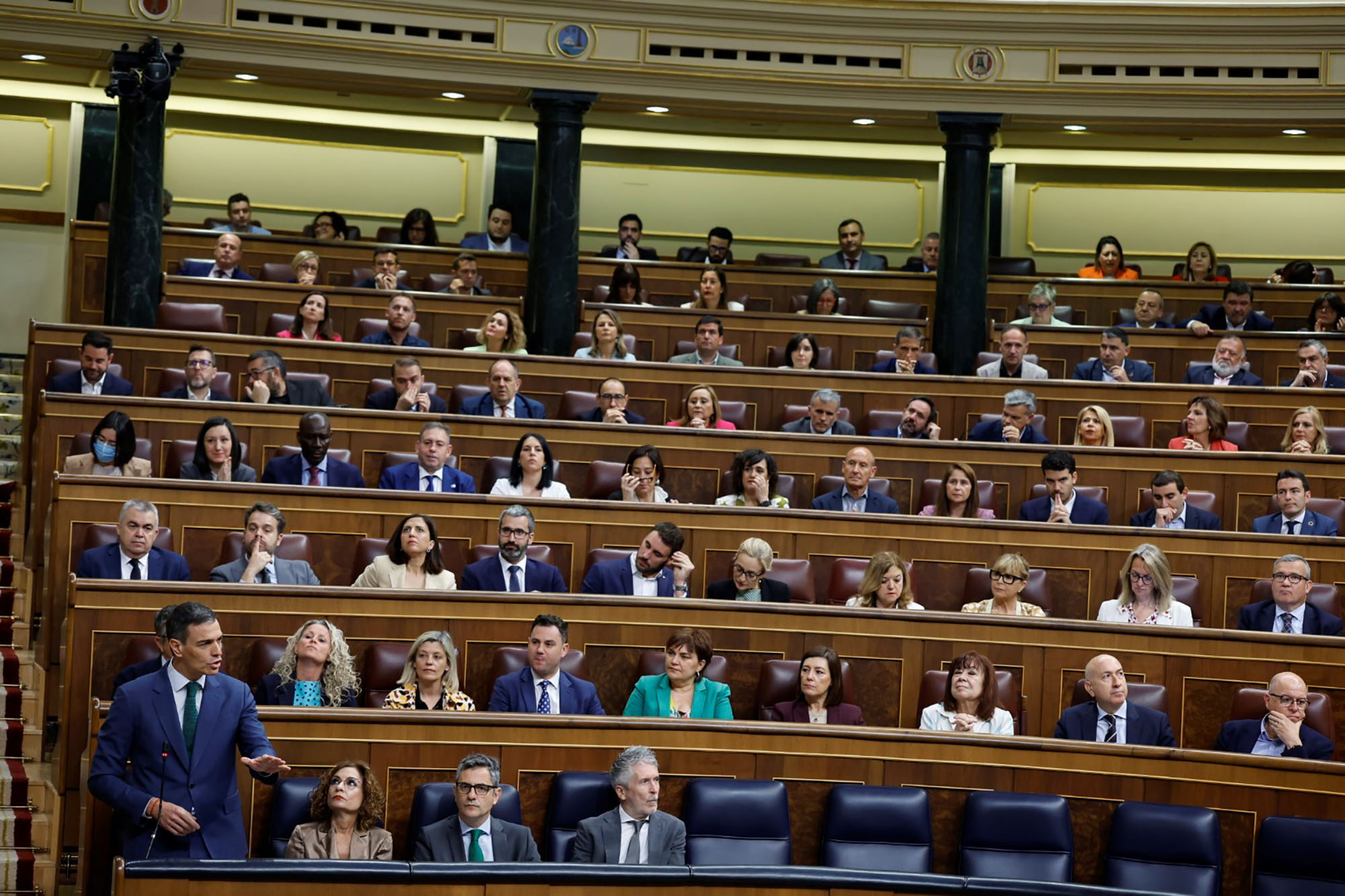Spain is once again rocked by a political scandal with potentially far-reaching consequences. At the heart of the controversy is Leire Díez, an activist with ties to the ruling Socialist Workers’ Party (PSOE). She has been dubbed “Lady Cloacas” by the press and on social media after leaked audio recordings emerged. These recordings allegedly show Díez discussing methods to undermine judicial investigations against the inner circle of Prime Minister Pedro Sánchez.
Although Leire Díez holds no official position within the government, her statements have sparked a heated debate about the so-called “state sewers” (Spanish: cloacas del Estado). This term in Spain refers to opaque and potentially illegal structures within state institutions that can severely damage public trust in the rule of law.
What Lies Behind the “cloacas del Estado”?
In the Spanish context, the phrase cloacas del Estado describes secret power structures allegedly operating within the police, intelligence services, or judiciary, outside legal control mechanisms. Their alleged objectives range from spying on political opponents to covering up scandals and manipulating media campaigns. This phenomenon gained notorious prominence through the case of former Commissioner José Manuel Villarejo, who was charged with illegal wiretaps and political intrigues. This case, also reported by Nachrichten.es in the past, exemplifies the dangers of such opaque networks.
The Incriminating Statements by Leire Díez in the Leaked Audios
In the conversations that have come to light, Leire Díez reportedly meets with businessmen and lawyers, some of whom are themselves facing criminal charges. The recordings suggest that she proposes gathering information on Guardia Civil investigators, public prosecutors, and judges who are examining corruption cases within the government’s sphere.
Particularly alarming is her designation of the Guardia Civil’s UCO (Unidad Central Operativa) special unit as “Camorra” – a term describing mafia organizations. The audio recordings give rise to concerns that deliberate attempts may have been made to undermine the credibility and integrity of the investigating authorities. This would further fuel the current debate about the judiciary in Spain.
Who is Leire Díez?
Leire Díez is not a widely known politician. However, she has previously worked in several state-owned companies, including Correos (the Spanish postal service) and Enusa (a public company in the nuclear sector). She is considered an active activist within the PSOE, without holding an official position in the party leadership in Spain.
The PSOE has officially distanced itself from Leire Díez, emphasizing that she did not act on their behalf. Simultaneously, an internal investigation process has been initiated to clarify the events. These News are sensitive for the party and could have far-reaching consequences.
Political Reactions to the Scandal
The PSOE is attempting to dissociate itself from Leire Díez’s statements, describing them as “private behavior unrelated to the party.” The opposition, however, particularly the conservative Partido Popular (PP) and the far-right Vox, are demanding a comprehensive and complete clarification. The suspicion that party-affiliated circles may have attempted to influence the judiciary significantly strains the political atmosphere in Spain currently.
Potential Consequences of the Scandal
The “Lady Cloacas” scandal comes at a time of great political tension in Spain. Although there is currently no concrete evidence of actual influence on the judiciary, the mere appearance of a possible instrumentalization of justice is enough to deeply shake the trust of many citizens.
The case raises fundamental questions that are crucial for the stability of the rule of law in Spain:
- How independent is the judiciary from the political power center?
- Do networks exist that operate within the state for self-protection, potentially undermining the rule of law?
- How transparent and lawful are political parties in their dealings with the judiciary and the media?
Conclusion: More Than Just a Scandal
The “Lady Cloacas” case is far more than just a matter of indiscreet conversations. It symbolizes the deeper concern in Spain that state instruments of power could be misused to achieve political goals or to avoid accountability for misconduct.
Whether Leire Díez’s statements turn out to be mere fantasy by an individual or the tip of a systemic problem, the coming weeks will show. One thing is certain: this case exacerbates mistrust towards the political elite in Spain and hits the government on one of its most sensitive flanks – the integrity of the judiciary and the preservation of the rule of law. For more breaking news on this topic, stay tuned.




